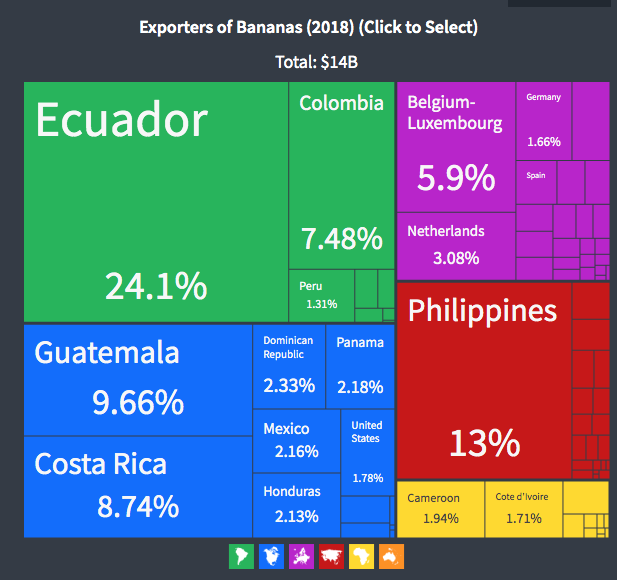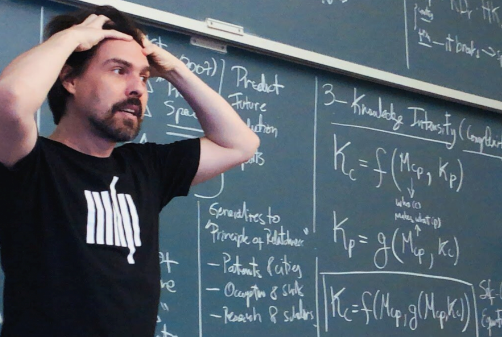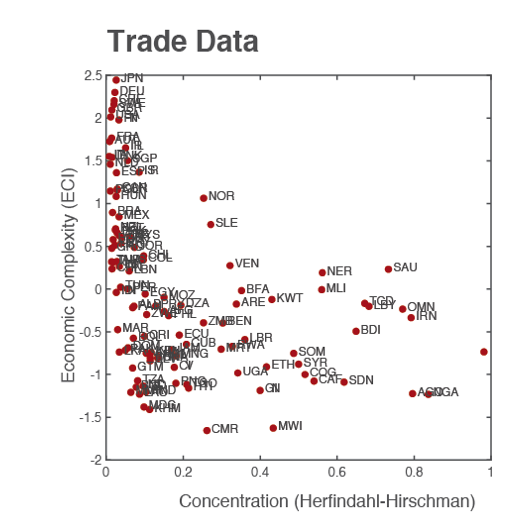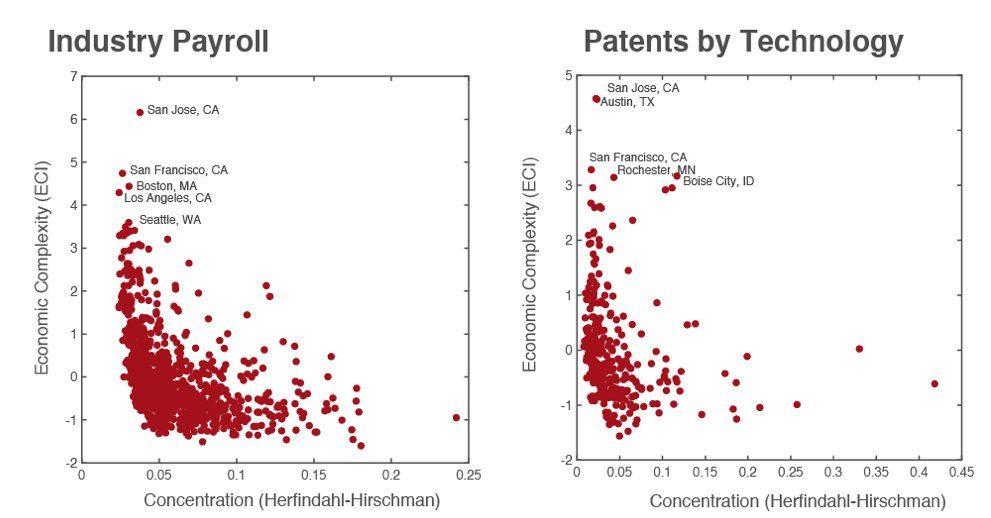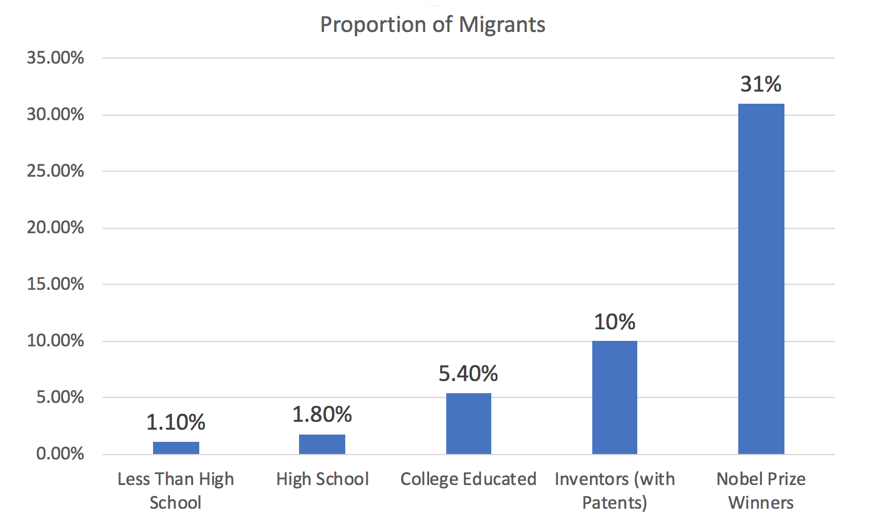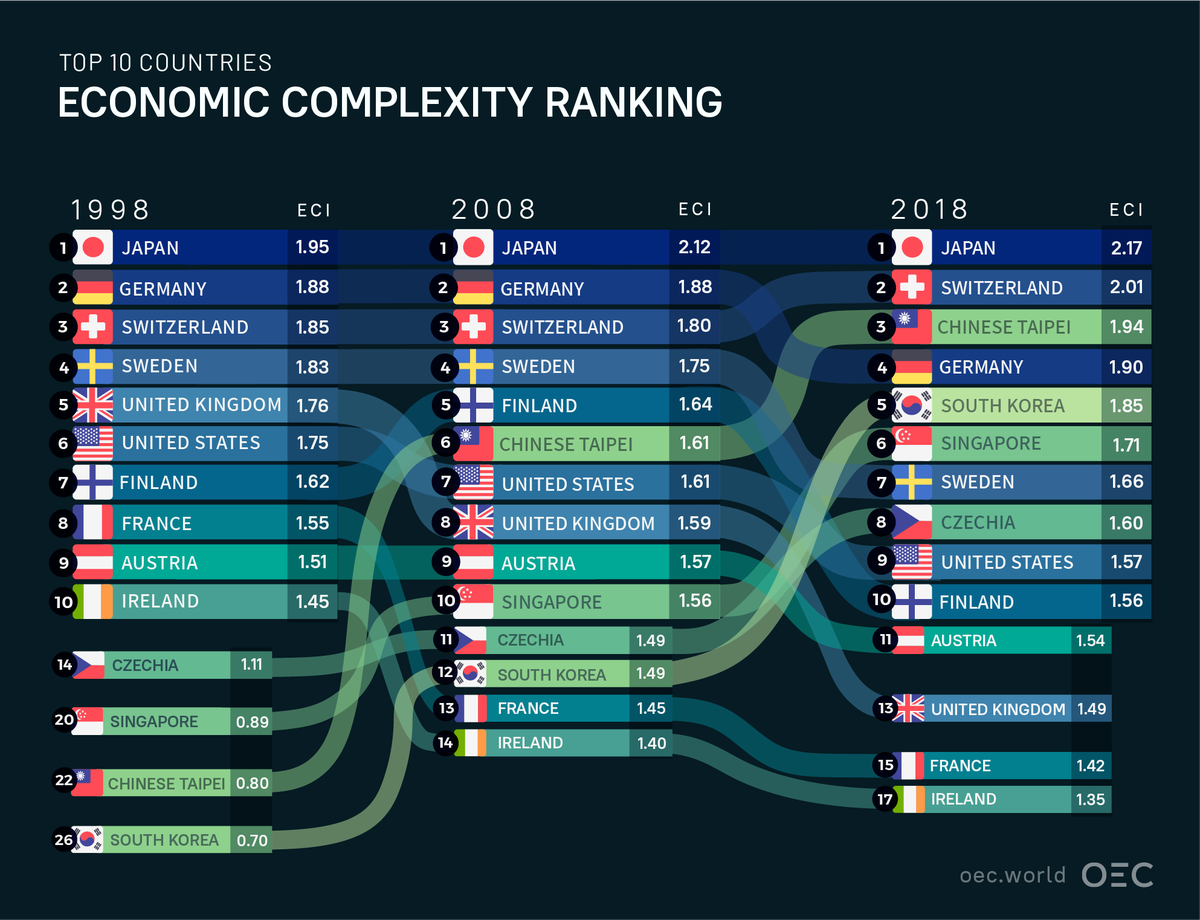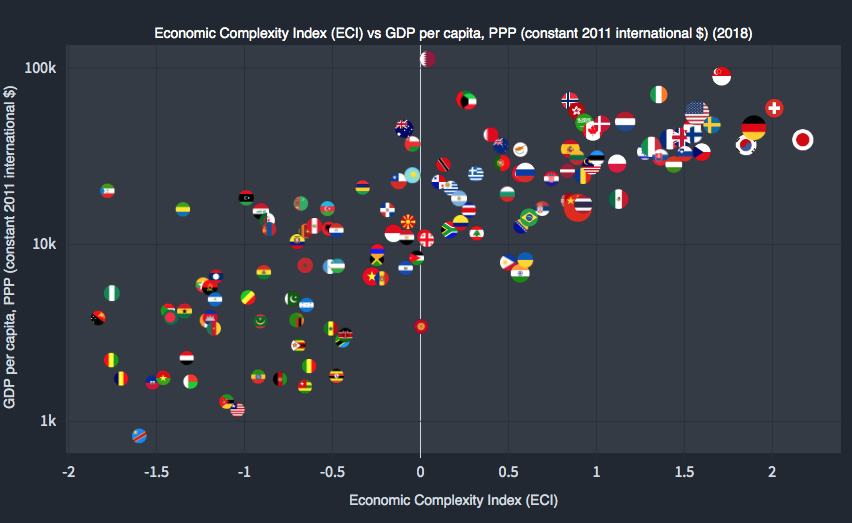
Today I am leaving the US.
With my family we are exploring a new life in the south of France.
I’ve been in the US for more than 16 years. I earned my citizenship & experienced many ups & downs. But I am grateful. The US was good to me in many ways ...
/1
With my family we are exploring a new life in the south of France.
I’ve been in the US for more than 16 years. I earned my citizenship & experienced many ups & downs. But I am grateful. The US was good to me in many ways ...
/1

I published 3 books & about 60 academic papers. I started a company that employs dozens of people & has clients throughout the world. I ran a lab for 9 years at one of the countries top universities. I was invited to the main stage of Ted and to Davos.
/2
/2
I met millionaires, billionaires, movie stars, & rock stars. I had my work published in “The Times.” I hanged out with Nobel prize winners in their darkest moments. I experienced hype & betrayal. I saw the belly of the beast, from the inside, as I rose, fell, & stood up again. /3
The US that I am leaving today is very different from the one I came to in 2004. Today, the US is more divided. But I am not here to pile on the shortcomings of “America.” Instead, I want to share a few things that I think are great. /4
These are not the clichés of freedom & diversity. What makes the US a place that I would come back to are simpler things. Aspects of US culture that to the locals seem second nature. But they are hard to find. /5
To understand why I care about such simple things, you need to first understand what I came here for. I did not come “yearning for freedom” or “escaping hardship.” I came here searching for accomplishment. For an opportunity to contribute to global science. /6
So I care about work culture, and I put a lot of weigh on small roadblocks that add up. Things that cut the flow and limit your ability to create teams.
Today, I want to share three simple things that I thing the US does really well. /7
Today, I want to share three simple things that I thing the US does really well. /7
First, in the US many people care about the quality of their work. This seems trivial, but it is huge. In many places people prioritize cost or speed over quality. The focus on quality makes a huge difference in teams & in people’s professional behavior. /8
People who care about quality know how to receive feedback. They don’t search for excuses because they put the work above themselves. You sometimes disagree, but you will discuss things from a perspective where the only thing that matters is what is best for the work. /9
Many cultures focus on costs. But cutting costs translates quickly into a culture of “good enough” work, where feedback is met with excuses, not iterations. But the iterations make the difference. You can always do better if u put quality first. Never be satisfied. /10
People in cost cutting cultures don’t mean wrong. But fish do not know they are in water, and people do not know what is unique about their culture either. You do what others do because you want to fit in. Both fish & people must to fly to learn what’s different. /11
At place’ like @datawheel @Harvard @NotreDame and @MIT I had the pleasure to work with people who care about quality, and that makes a huge difference. It changed the way I operate & how I think about work & impact. /12
Of course, this is a generalization. Everywhere you find quality oriented people. But in the US quality freaks overpower cost-cutters & that makes a big difference in the culture of work. /13
The second point will sound trivial, but I think is also extremely important. In the US, entertainment, is considered a value. This is a simple change in perspective that makes a huge difference in a planet where many cultures confuse dull with serious. /14
In academia, you see this when you see speakers from US universities at international conferences. They know how to engage an audience, and they take the cake. They understand that it is not easy to pay attention & it is the job of the speaker to enthuse. /15
The fact that entertainment is a shared value is simple, but it matters. You do not need to argue for it in meetings. People get it. Everyone agrees that the content you produce, or the product that you make, has to be entertaining. It is a key value. /16
To me, these two values: “entertainment” + “quality” help explain in part why the US has been so successful at pushing its culture into the world. Why the world watches US movies & television. To me, these are “the” quintessential US exports. /17
The last point I want to make is a bit more dull, but I think that is nevertheless important. This is the simplicity of the US small business bureaucracy. /18
In the US I learned what it meant to be an entrepreneur, as founder and CEO of @datawheel. In many ways, I learned much more about teamwork, leadership, and the real world as an entrepreneur than as a scholar. /19
But here, being an entrepreneur is a bit easier. Companies in the US have a lot of autonomy in the generation and validation of paperwork. This seems second nature here, but it is uncommon in many parts of the world. /20
In the US, if you need to request payment from someone, you literally create an invoice using a template in Microsoft word and send them an email. That’s it. If a client asks you for a document from your firm, you send it to them. That’s it. /21
What’s strange about that? That in many places you need to invoice others using the official tax authority website, or official tax authorized papers. In many places, every document that is shared has to be notarized or verified by a third party. /22
Trust matters. If you are an entrepreneur working with 5 or 6 clients, these extra steps are the difference between working on your company or getting stuck in busywork. They are the difference between having to staff up with admins instead of engineers. /23
Quality+Entertainment+Simplicity are three aspects of the US that make it an attractive place to me. There are of course many others.
Now, the time has come for me to try to create new opportunities elsewhere. Thanks for everything America! We will meet again! /24
Now, the time has come for me to try to create new opportunities elsewhere. Thanks for everything America! We will meet again! /24
• • •
Missing some Tweet in this thread? You can try to
force a refresh



